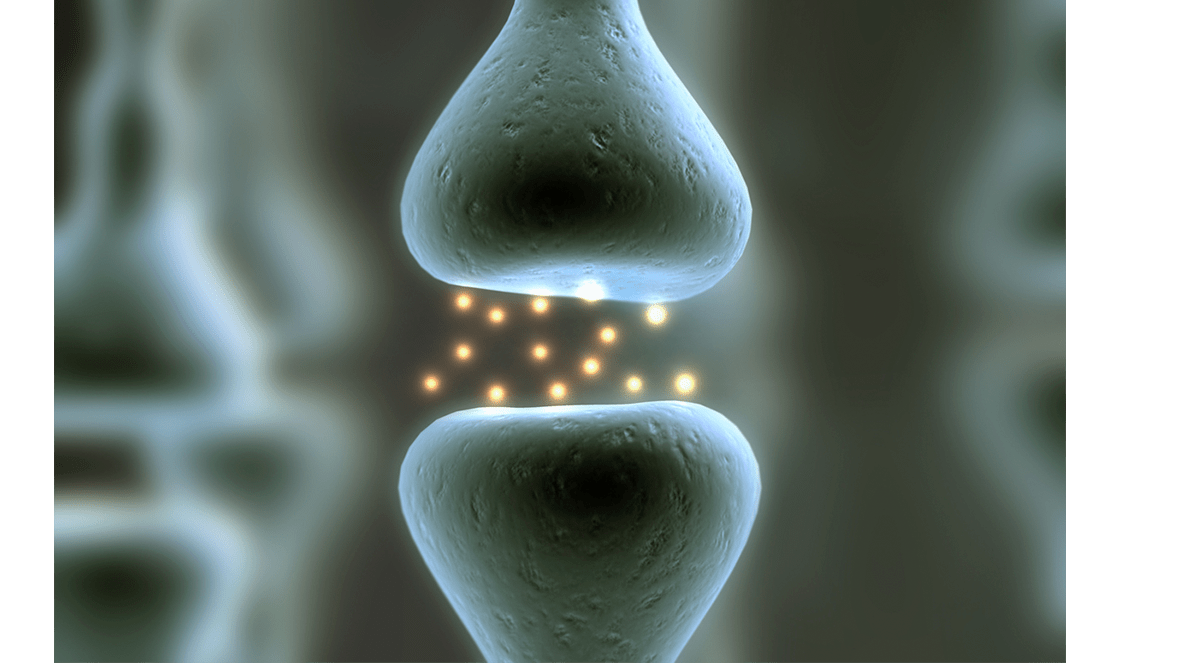3-Ketosteroid Δ-dehydrogenase catalyzes the 1(2)-dehydrogenation of 3-ketosteroid substrates using flavin adenine dinucleotide as a cofactor. The enzyme plays a crucial role in microbial steroid degradation, both under aerobic and anaerobic conditions, by initiating the opening of the steroid nucleus. Indeed, many microorganisms are known to possess one or more 3-ketosteroid Δ-dehydrogenases. In the pharmaceutical industry, 3-ketosteroid Δ-dehydrogenase activity is exploited to produce Δ-3-ketosteroids, a class of steroids that display various biological activities. Many of them are used as active pharmaceutical ingredients in drug products, or as key precursors to produce pharmaceutically important steroids. Since 3-ketosteroid Δ-dehydrogenase activity requires electron acceptors, among other considerations, Δ-3-ketosteroid production has been industrially implemented using whole-cell fermentation with growing or metabolically active resting cells, in which the electron acceptors are available, rather than using the isolated enzyme. In this review we discuss biotechnological applications of microbial 3-ketosteroid Δ-dehydrogenases, covering commonly used steroid-1(2)-dehydrogenating microorganisms, the bioprocess for preparing Δ-3-ketosteroids, genetic engineering of 3-ketosteroid Δ-dehydrogenases and related genes for constructing new, productive industrial strains, and microbial fermentation strategies for enhancing the product yield. Furthermore, we also highlight the recent development in the use of isolated 3-ketosteroid Δ-dehydrogenases combined with a FAD cofactor regeneration system. Finally, in a somewhat different context, we summarize the role of 3-ketosteroid Δ-dehydrogenase in cholesterol degradation by Mycobacterium tuberculosis and other mycobacteria. Because the enzyme is essential for the pathogenicity of these organisms, it may be a potential target for drug development to combat mycobacterial infections.Copyright © 2018. Published by Elsevier Inc.
Application of microbial 3-ketosteroid Δ-dehydrogenases in biotechnology.


